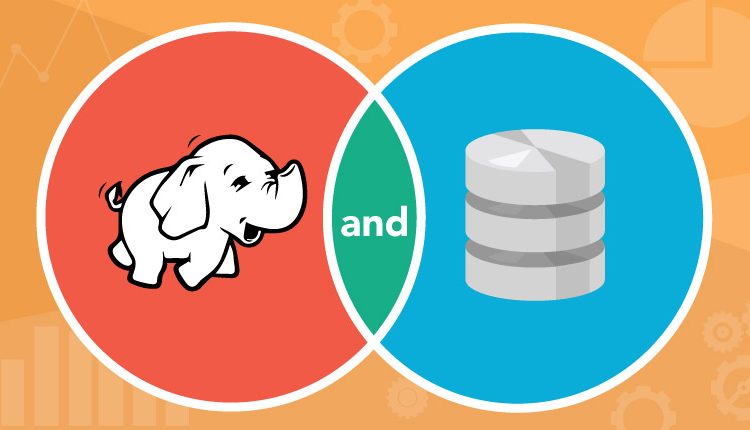Hadoop is the hot cake in the current IT market, which was currently controlled by Data Warehouse system. Although Hadoop and Big Data concept can be considered as the advanced form of the Data Warehouse, there are various distinctive features of both the systems. Some of the major differences are listed as followings:
-
A data warehouse is basically implemented in a single relational database that serves as the central store. However, Hadoop and the Hadoop File System are designed to span multiple machines and handle huge volumes of data that surpass the capability of any single machine.
-
Data Warehouse has a minimal data processing amount compared to Hadoop system. Hadoop is built to process large amounts of data from terabytes to petabytes and beyond.
-
Hadoop is designed to efficiently process huge amounts of data by connecting many commodity computers together to work in parallel. Using the MapReduce model, Hadoop can take a query over a dataset, divide it, and run it in parallel over multiple nodes. Distributing the computation solves the problem of having data that’s too large to fit onto a single machine. Data Warehouse does not have this kind of concept.
-
The data Warehouse concept requires data to be structured and schemas are defined before storing the data. However, Hadoop doesn’t insist that you structure your data. Data may be unstructured and schema-less. Users can dump their data into the framework without needing to reformat it. Thus Flexibility is higher in Hadoop system.
-
Performing computation on large volumes of data is easier in Hadoop than in Data Warehouse as it provides programming flexibility.
-
Hadoop accepts practically any kind of data, it stores information in far more diverse formats than what is usually found in the tidy rows and columns of a traditional database of the data warehouse.
-
Hadoop controls costs by storing data more affordable per terabyte than other platforms like Data Warehouse. Instead of thousands to tens of thousands per terabyte, Hadoop delivers compute and storage for hundreds of dollars per terabyte.
-
Fault Tolerance is managed more effectively in Hadoop system than in Data Warehouse. Even if individual nodes experience high rates of failure when running jobs on a large cluster, data is replicated across a cluster so that it can be recovered easily in the face of disk, node or rack failures.
-
The Scalability of the Hadoop system is higher compared to the Data Warehouse. This is true because Hadoop can store and distribute very large data sets across clusters of hundreds of inexpensive servers operating in parallel. The RDBMS can’t scale to process massive volumes of data.


